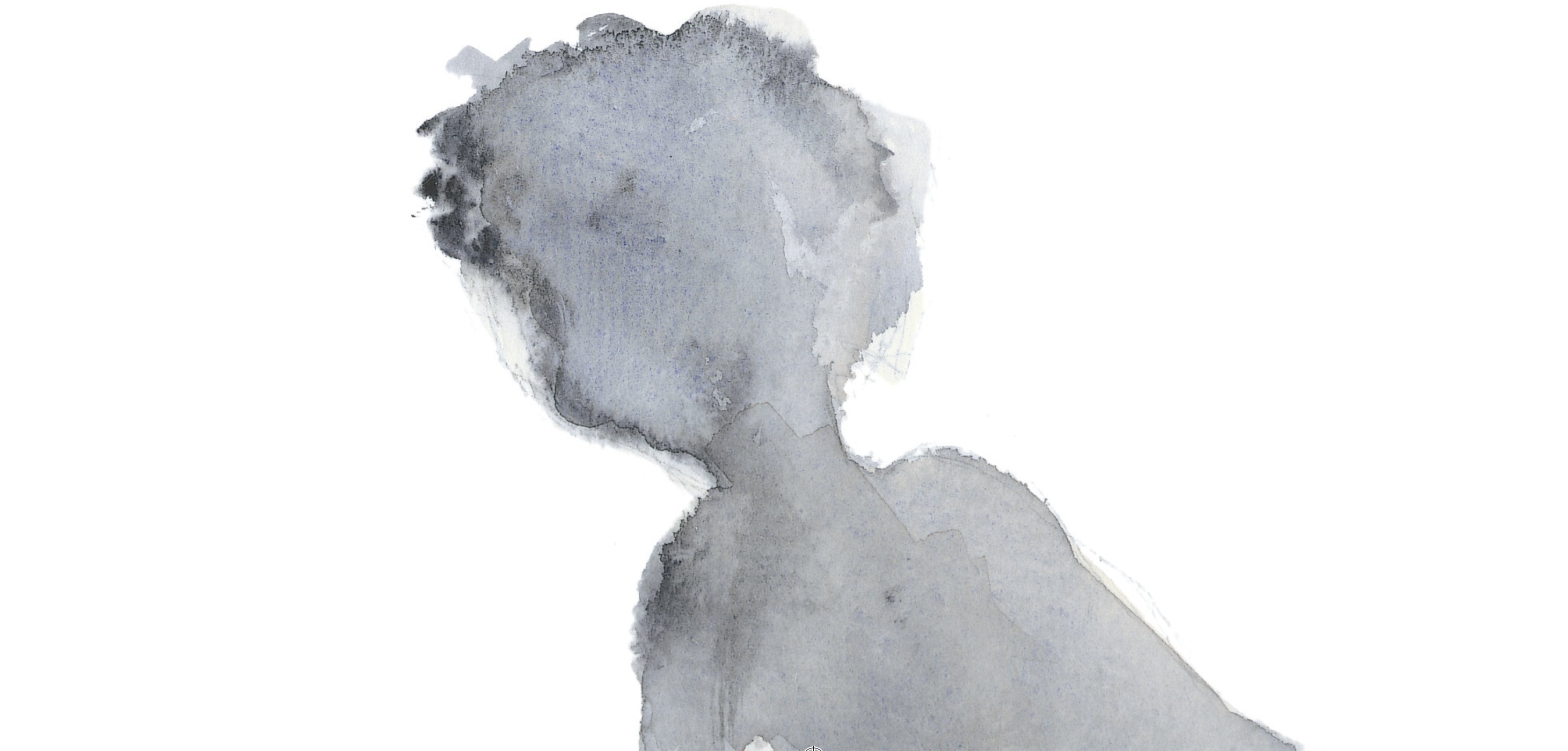
'Memory' by Chris van Wyk
Assessment
•
Pamela Collie
•
English
•
9th - 12th Grade
•
12 plays
•
Medium
Improve your activity
Higher order questions
Match
•
Reorder
•
Categorization
.svg)
actions
Add similar questions
Add answer explanations
Translate quiz
Tag questions with standards
More options
5 questions
Show answers
1.
Multiple Choice
Why do you think the poet chose the verb 'dangling' in line 1?
The 'dan' in 'dangling' hints at the word 'dangerous' and serves as foreshadowing.
Dangling means hanging or swinging loosely.
'Dangling' emphasises how small and helpless the child is - his legs don't reach the ground yet.
2.
Multiple Choice
Comment on the effectiveness of the alliteration in the first stanza.
There is a repetition of both 'f' and 'l'.
The lightness of the 'f' and the lyrical 'l' create a gentle sound which is appropriate as the mother works with light flour and the boy flits around the kitchen in a lighthearted, carefree mood.
The boy is very young and would still be learning how to speak. The 'fl' mimics the sounds a toddler makes when they are at this stage of development.
3.
Multiple Choice
What type of work do you think the father does? Refer directly to the poem in your response.
He owns a factory that makes cupboards - 'we're rich!'
He works in a factory - he will be 'coming home soon'.
His work is manually strenuous and not emotionally fulfilling - 'they're turning him into a cupboard that creaks'.
4.
Multiple Choice
How is the speaker's childish naivety conveyed?
He believes that because he is about to eat vetkoek that look like gold coins, the family is wealthy.
He describes the oil as being able to 'swim'.
Both of the above responses are correct.
5.
Multiple Choice
A synonym for 'cauterises' in the context of this poem could be:
burns
ends
both of the above

Explore this activity with a free account
Find a similar activity
Create activity tailored to your needs using
.svg)

Poetry
•
3rd Grade

Poetry Elements
•
3rd - 6th Grade

Types of Poems
•
5th - 6th Grade

Figurative Language
•
5th - 8th Grade

Poetry Vocabulary
•
6th - 8th Grade

Rhyming Words
•
2nd Grade

Elements of Poetry
•
4th Grade

Poetry and Sound Devices
•
7th - 8th Grade